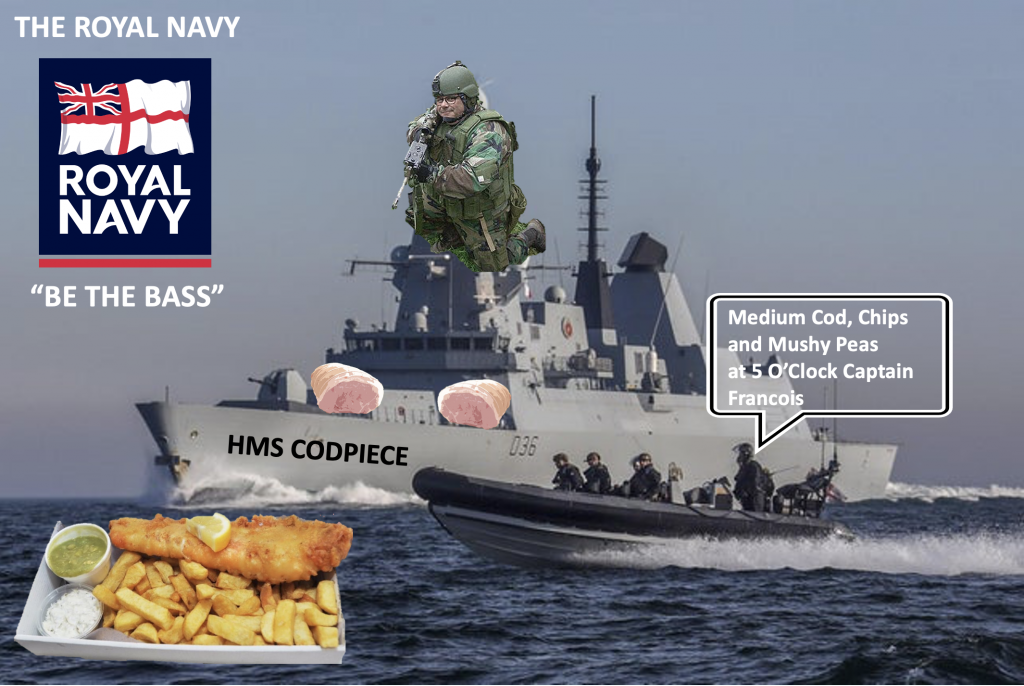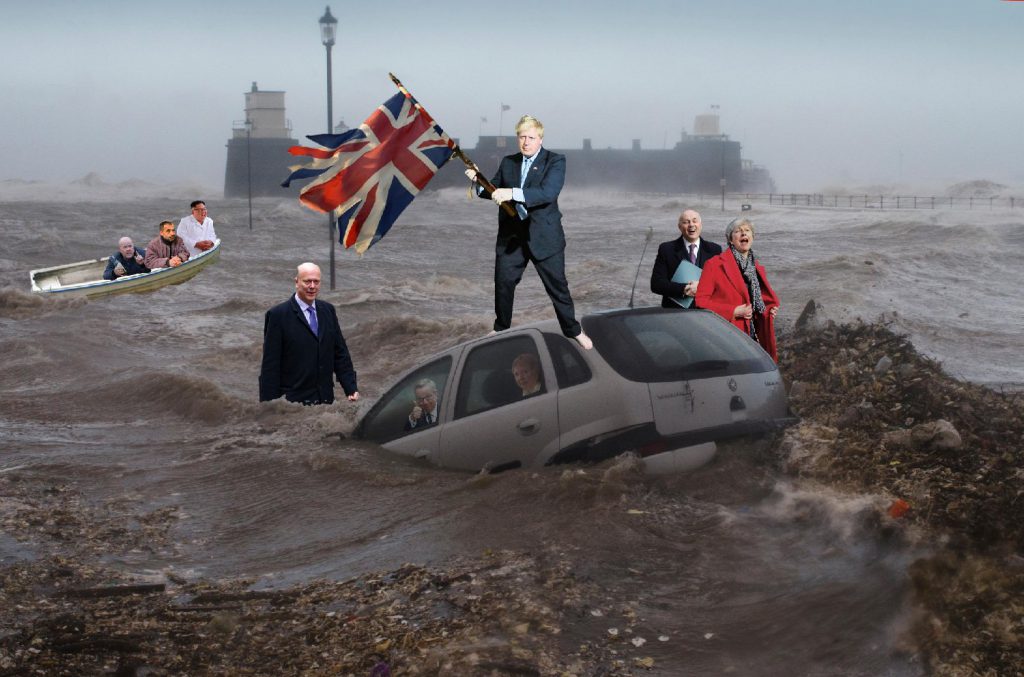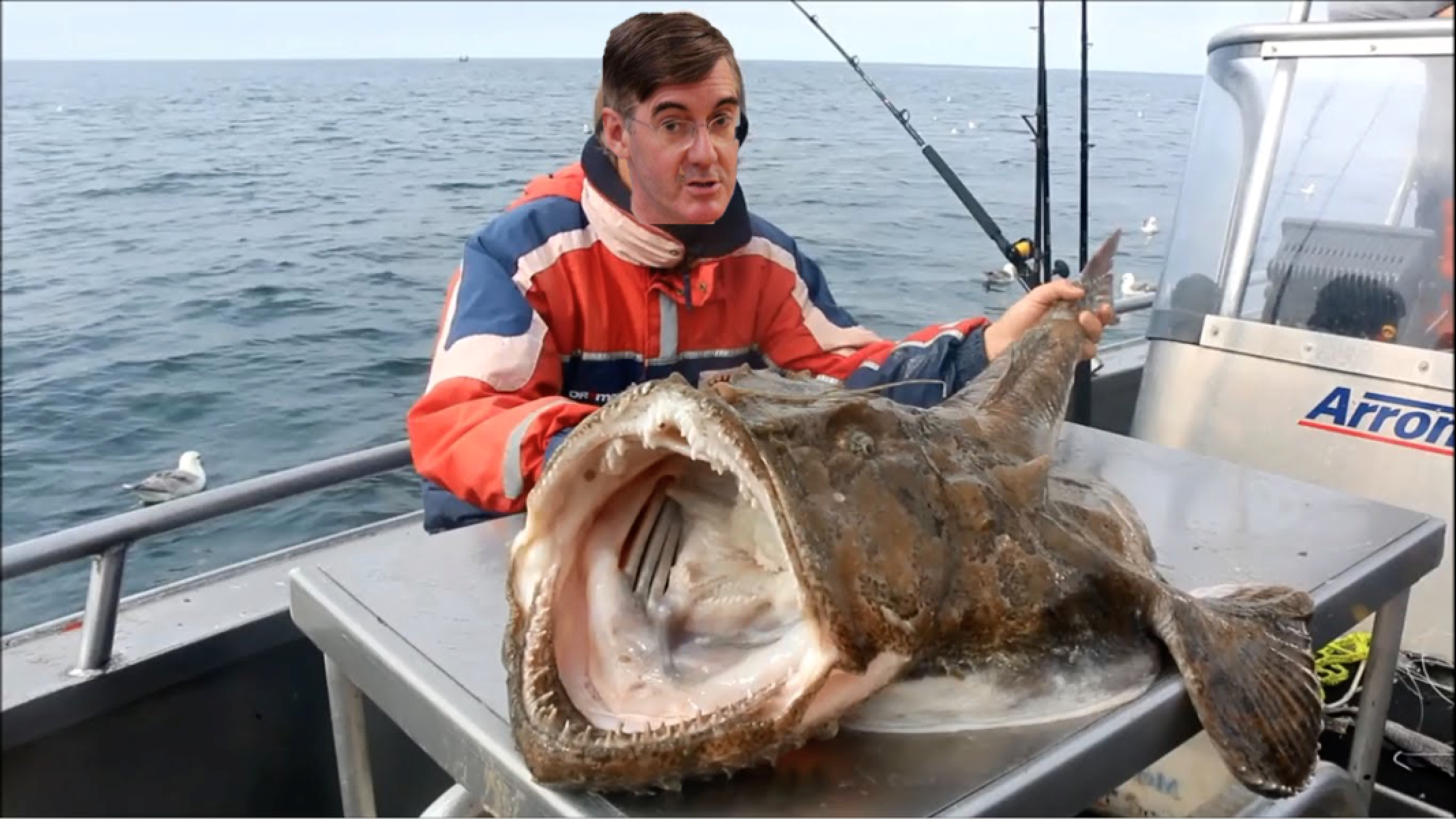EU rules on some types of shellfish leave UK fishers ‘devastated’.
By Adrian Ekins-Daukes
Fishers around the UK have been “devastated” by fresh problems with exporting their produce to the EU, after the government admitted that exports of live mussels, oysters, scallops and certain other shellfish would be subject to ongoing restrictions.
Those are all classified as “live bivalve molluscs” – a category which also includes cockles and clams. Under longstanding EU rules, catches of live bivalve molluscs from non-EU member states can only be imported without treatment if they come from waters deemed of the highest quality. Vessels from non-EU states also cannot land live bivalve molluscs in EU ports.
These rules have closed off many exports of live bivalve molluscs from the UK, since Brexit took full effect. The market for such shellfish is a small and specialist one, valued at less than £12m a year, but for the small number of fishers who operate in it, it is often their main livelihood.
The rules, and the disruption their enforcement has caused for fishers, cannot be termed a “teething problem” as other red tape has been, because they will apply permanently under Brexit unless the government can forge a fresh agreement with the EU to make exceptions for UK produce.
The fishing industry called on the government to do more to try to resolve the problem. Barrie Deas, chief executive of the National Federation of Fishermen’s Organisations, said: “This is devastating for those involved, and it cannot be left as a closed issue. Those of our members who produce mussels and cockles in particular are affected and are very seriously impacted – no exports to the EU as the UK is now a third country. This has to be sorted at government-to-government level and our understanding is that talks are under way, but so far without producing a satisfactory outcome.”
Alistair Sinclair, chair of the Scottish Creel Fishermen’s Federation, blamed the French president, Emmanuel Macron, as well as the UK government for the difficulties, and warned that they were a foretaste of future negotiations. “This is possibly a demonstration of the difficulties that lie ahead Throughout the whole run-up to Brexit, our voice was not considered by the Scottish government and indeed the Tory grandees.”
Fishers could try to comply with the regulations by taking on further processing of the molluscs, to gain the health certification necessary for exports, but this can be costly and time-consuming. Many had hoped that the Brexit agreement would allow for their exports to continue. The EU is the main market for many such specialist fishers.

A spokesperson for the Department for Environment, Food and Rural Affairs said: “Live bivalve molluscs such as oysters, mussels, clams, cockles and scallops can continue to be exported to the EU if they’re harvested from class A waters or cleaned, or have cleared end product testing in the UK. We will continue to raise the issue of live bivalve molluscs not ready for human consumption with the EU, to ensure the trade can continue securely.”
The European commission confirmed that the requirements were not temporary, and were applicable to all such shellfish imported from the UK.
Most of the fisheries affected are in England and Wales. Exports of bivalve molluscs are worth less than £12m a year, of which clams make up more than half, with oysters and mussels worth about £2.7m each. Defra said it could not estimate how much of this market would be affected as some are subject to “depuration” which would allow their export to continue.








And this video sums up the mood – this chap at least has a wife with European nationality, so can move to anywhere in the EU and fish unhindered:
https://youtu.be/QU56pRlQ3mw
Most informative.
So many areas left unhinged by the decision to leave the EU:
https://twitter.com/i/status/1364662228574736391
https://youtu.be/rmna-YQoB34